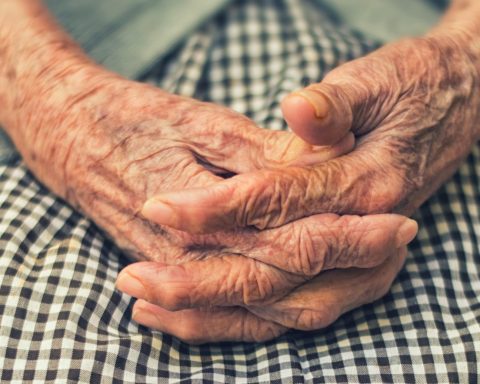Authors: Devina Maru is a GP Specialty Registrar on the Greenwich GP Training Programme. Twitter: @Devina_Maru. Dipesh P Gopal is GP and Honorary Research Fellow in Primary Care, Barts and The London School of Medicine and Dentistry. Hussain Gandhi is a GP Partner and Trainer, and also owner eGPlearning.
Robust primary care systems form the foundation of any emergency response. In the UK, primary care handles over 95% of all health system activity.(1) Rapidly, before our eyes, we are seeing huge technological advancements and digital primary care is at the forefront once again.
The history of computerised records in general practice can be traced back to 1970 when John Preece became the first GP to use a computer in the consulting room(2). Since the start of the pandemic, general practice enacted changes to triage all patients first by telephone and video consultations which would otherwise have taken years within a matter of days, regardless of the correct hardware, software and training.(3) We anticipate that after the pandemic, the modus operandi of general practice will be changed, for the better. Once the dust has settled, the lessons learnt from remote consultations should be communicated to the next generation.
At present, the MRCGP curriculum mentions developing skills and techniques for consulting effectively in different contexts including telephone, email, e-consulting and video consultations. Virtual (telephone) consultations are observed via consultation observation tools (COTs) in the trainee portfolio. Unsurprisingly, a recent questionnaire found that trainees (n=100) who had more training in telephone consultations were more confident in undertaking those consultations.(4) GP trainees found audio-COTs a useful training tool but noted the need for more training in telephone consultations in-hours compared to out-of-hours training. The direction of travel is likely to be toward more telephone and video consultations over face-to-face consultations.
We would need to cater for those that find video easier than the telephone, both conceptually and logistically.
How would we prepare our GP trainees to less face-to-face patient contact, especially where more risk and uncertainty is involved? We suggest a five-stage transition process for GP trainees within practice from face-to-face to telephone and video consultations:
- Clinics start off as all face-to-face consultations with tutorials on consulting on the phone with trainers and at weekly teaching. This would be supplemented with out of hours (OOH) training on telephone consultations.
- Face-to-face consultations would be mixed with some telephone consultation slots within routine clinics. Supervised telephone consultations may be appropriate at this stage.
- Once trainees are confident with telephone consultations without requiring supervision it may be appropriate to introduce video consultations with tutorials with the GP trainer.
- Trainees can use telephone consultation slots and convert them to video consultations with supervision if required.
- GP trainees can use video consultations with confidence alongside telephone and face-to-face consultations.
Our stepwise approach implies incremental learning with face-to-face consultations and video consultations at opposite ends of a learning spectrum, but this approach does not need to be prescriptive. We would welcome the addition of a video consultation station in addition to the existing telephone station in the MRCGP clinical skills assessment exam. This would ensure that GP trainees equip themselves with the skills to achieve conscious competence in conducting video consultations.
We hope that teaching about indications, utility, limitations and risks of video consultations becomes actively integrated within the GP curriculum to adapt to the rapidly changing world of primary care.
References:
- Dunlop C, Howe A, Li D, Allen LN. The coronavirus outbreak: the central role of primary care in emergency preparedness and response. BJGP Open. 2020;bjgpopen20X101041. doi:10.3399/bjgpopen20X10104.
- McMillan B, Eastham R, Brown B, Fitton R, Dickinson D. Primary Care Patient Records in the United Kingdom: Past, Present, and Future Research Priorities. J Med Internet Res. 2018;20(12):e11293. Published 2018 Dec 19. doi:10.2196/11293
- Mueller B. Telemedicine Arrives in the U.K.: ‘10 Years of Change in One Week’. New York Times 2020. Available from URL: https://www.nytimes.com/2020/04/04/world/europe/telemedicine-uk-coronavirus.html (cited 13 Apr 2020)
- Chaudhry U, Ibison J, Harris T, Rafi I, Johnston M, Fawns T. Experiences of GP trainees in undertaking telephone consultations: a mixed-methods study. BJGP Open. 2020;bjgpopen20X101008. doi:10.3399/bjgpopen20X101008
- Advantages and limitations of virtual online consultations in a NHS acute trust: the VOCAL mixed-methods study. Southampton (UK): NIHR Journals Library; 2018.






